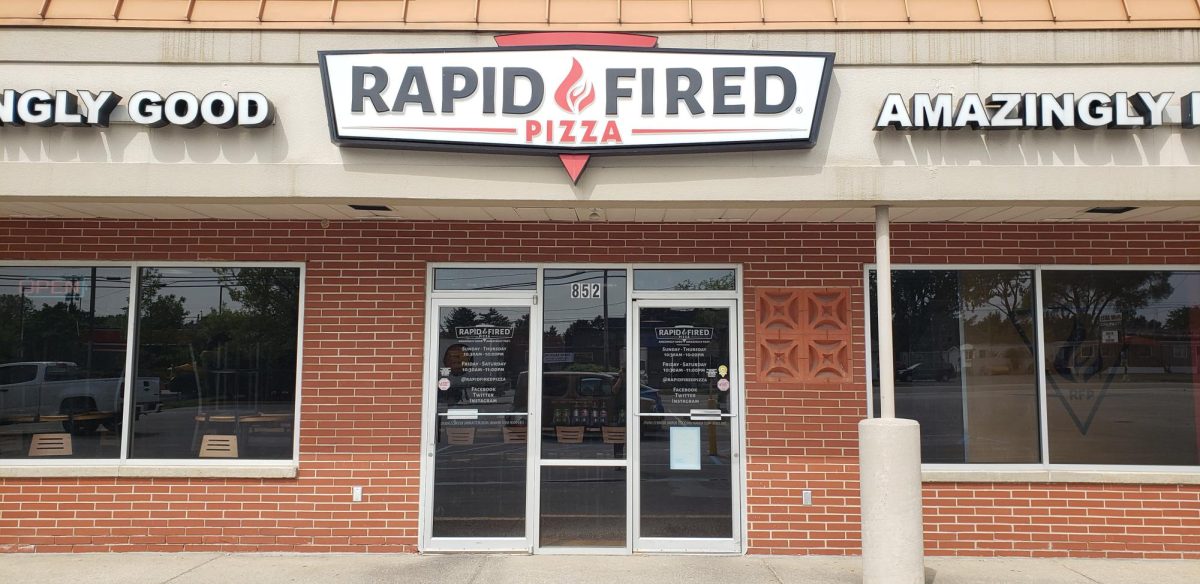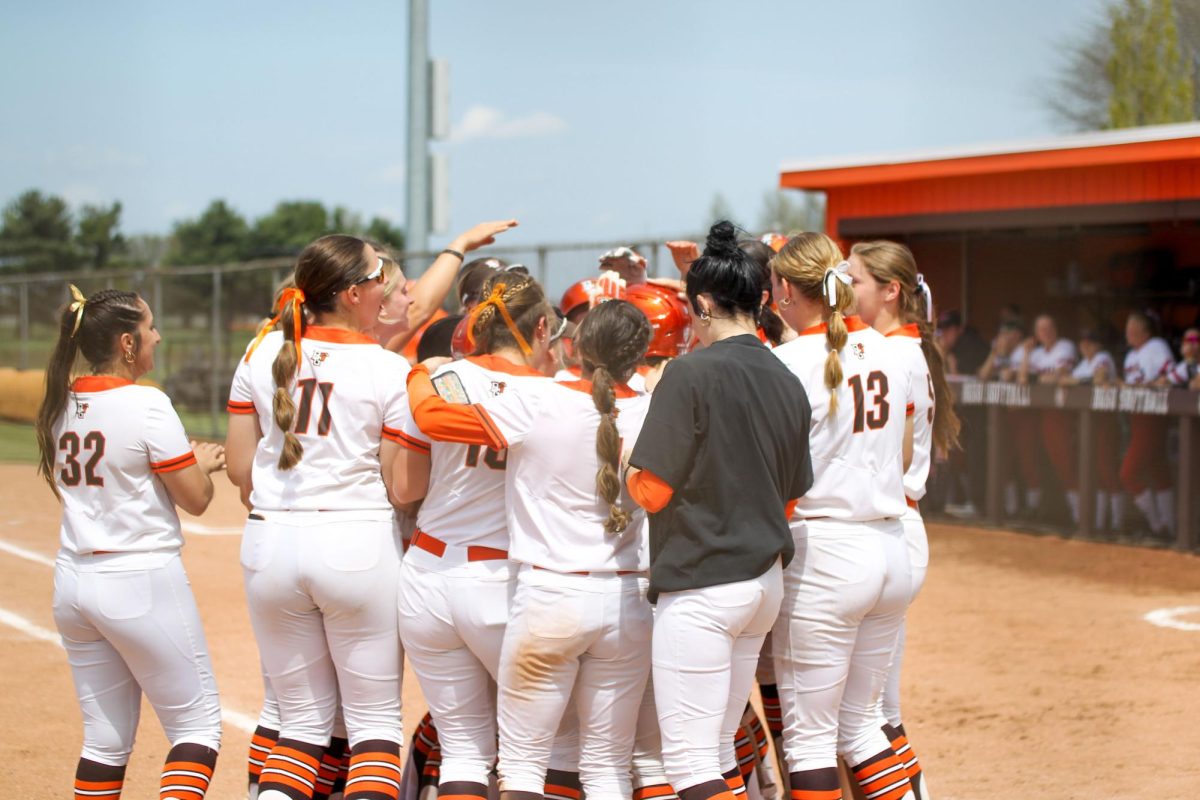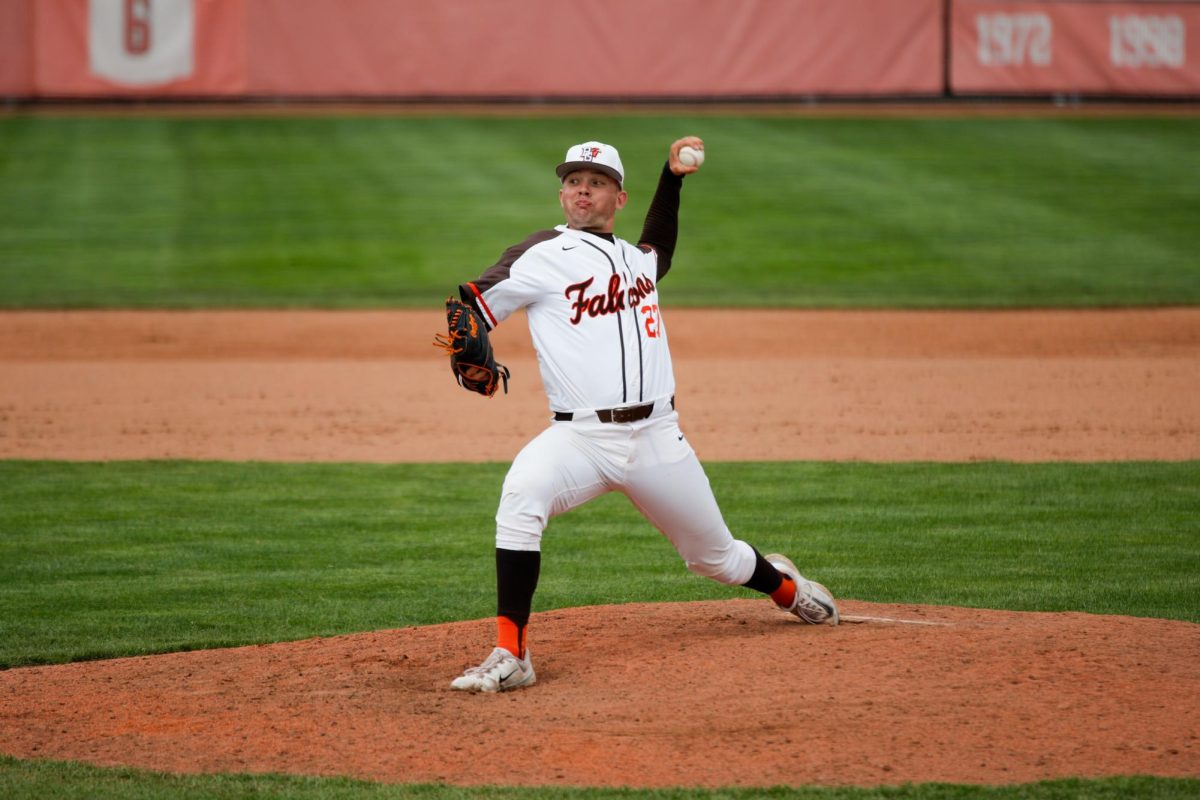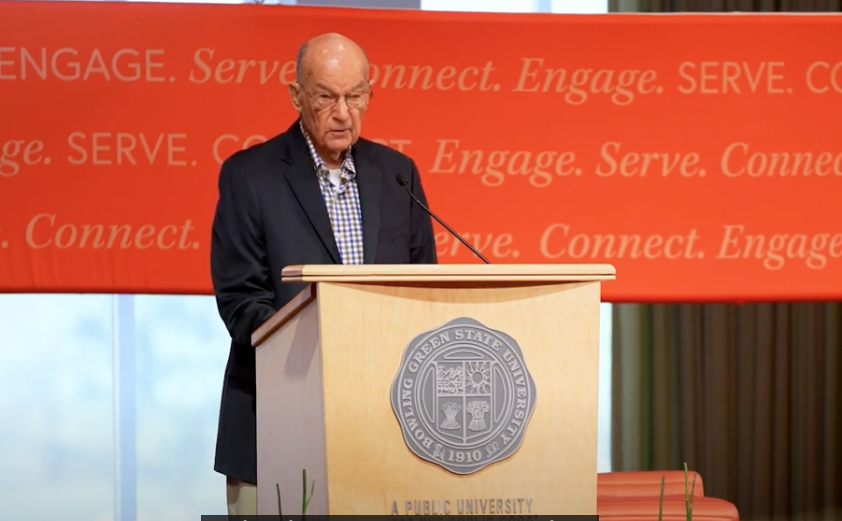Dutch dairy farmers are capitalizing on the land of opportunity to turn their Dutch milk money into gold by buying and operating large dairy farms in the U.S., but not without concerns from local residents. Since 2000, there has been an influx of dairy farmers from the Netherlands. These farmers are leaving their native country and coming to the U.S. to spend large amounts of money on dairy operations so as to earn more. While the majority of these dairies are family owned, they do not fit in as a mom-and-pop dairy operation due to their size and efficiency. The majority of the Dutch dairy farms in the area contain more than 500 cows, said Jonathan Haines, Wood County executive director of the U.S. Department of Agriculture. Vreba-Hoff Dairy I and II in Southeast Michigan have over 3,000 cows each, and Manders Dairy has about 700 cows. Both are owned by former Netherlands residents. Between 2000 and 2006 the number of dairy farms with 500 cows and above increased from 5.5 percent to 23 percent in Ohio and 20 percent to 39 percent in Michigan. With that increase the number of dairy farms with 100 cows or fewer fell from 49.5 percent to 36 percent in Ohio and 28 percent to 18 percent in Michigan during the same time period, according to data produced by the Economic Research Service of the U.S. Department of Agriculture. With the decrease in small farms and the current economic climate, Suzannah Wittenmyer, a Bowling Green resident, is concerned with the lack of opportunities small, American-owned dairy farms will have. ‘Change is hard, and I fear this change in dairy operators will make the current economic changes even harder for our local farmers,’ Wittenmyer said. However, American dairy farmers are offered the same opportunities as Dutch and other non-native farmers. A new land owner must register for land ownership through the USDA, answer questions put forth by the community, apply for all necessary permits and uphold all regulations, Haines said. ‘These Dutch farmers have not received money from the U.S. or Dutch government,’ said Cecilia Conway, spokesperson for Vreba-Hoff Dairy Development LLC. ‘They have the same eligibility for farm credits as all other farmers and must pay their taxes.’ Since 1998, Vreba-Hoff Development has helped over 50 farmers from Europe and Canada bring their families and farming practices to Ohio, Michigan and Indiana, according to the Vreba-Hoff Dairy Development Web site. Dutch dairy farmers have something many small dairy farms do not have though. ‘The Dutch have a significant amount of money to invest in the [dairy farm] operation because they have sold off all their assets overseas,’ Conway said. While these Dutch farmers have a significant amount of money to invest in a large dairy operation, smaller-scaled dairy operations don’t often have such an opportunity to expand. ‘It was hard enough to sustain our family needs with our small dairy farm,’ said Pete Weatherhead, a former dairy farm owner. ‘I had to get out or get bigger, and the money wasn’t there to get bigger.’ Weatherhead owned a small dairy farm in Wisconsin with 160 acres and 40 cows for five years and another dairy about the same size near Defiance for two years. The difficulties in expanding a small dairy operation include small income due to lower production rates, the cost to feed and care for the cows and loss of other possible incomes because of the time put in at the farm, according to a 2007 article in Amber Waves, a quarterly magazine produced by the USDA and Economic Research Service. ‘We worked our dairy farm from sunup to sundown,” Weatherhead said. It may be difficult for a small, family-owned dairy operation to stretch their dollar to expand, but the economic benefits are there. ‘The larger farms can ride the economic highs and lows better because of the amount of milk they produce,’ Conway said. Large dairy farms tend to be more economically efficient because of cost advantages relating to milk production and labor costs. Costs for dairy farms with more than 1,000 cows were 15 percent less than dairy farms with 500 to 999 cows and between 25 and 35 percent less than dairy farms with 100 to 499 cows, according to the Amber Waves article. Also, the large dairy farms are also able to afford and use more intensive labor to produce milk more efficiently. The Dutch also have a larger opportunity to capitalize on the dairy market in the U.S. than in the Netherlands because of the decrease in the number of cows and dairy farms needed due to an increase in farm technology and population size, Conway said. In the Netherlands , the price of one cow is equivalent to 10 in the U.S., Haines said. The cost to expand a dairy farm in the Netherlands by one cow is $34,000 and the cost of an additional acre of land was $12,382 in 2000, Conway said. The average cost of one acre of farm land in Ohio in 2000 was $1,200, according to the Ag Answers Web site, a partnership between Ohio State University and Purdue University to cover agricultural issues in Ohio and Indiana. ‘ While these Dutch farmers are capitalizing on the dairy market in the U.S., they also have to worry more about environmental impacts and the cost to remain within regulation due to size. Dairy farms with more than 700 cows are called Concentrated Animal Feeding Operations, or CAFOs.’ These farms produce larger quantities of manure than smaller dairy farms, which is a concern for residents living near large dairy farms. Vicki Askins, secretary of Wood County Citizens Opposed to Factory Farming Operations, said she is more concerned with the practices the Dutch are using on their large farms rather than the structural shift in dairy farming. By practices, Askins means keeping dairy cows in confined areas and lack of responsibility for the environment, such as improper disposal and treatment of cow waste. Vreba-Hoff Dairy I and Vreba-Hoff Dairy II, together, tallied up 56 Department of Environmental Quality confirmed violations in 2008 due to the improper disposal and treatment of waste, such as manure, according to the Michigan Department of Environmental Quality Web site. A large manure concentration in an area can lead to waterborne illnesses and degradation of water sources, soil and human health, Askins said. Proper manure management is of equal importance in the U.S. and the Netherlands. Currently the Netherlands uses the Applications Standard Policy that looks at plant and animal production and soil input and output to monitor manure usage on farms. This policy aims to keep manure usage down to only necessary amounts for land fertilization, according to the 2005 article ‘Comparison at Dairy Farm Level of Different Policies to Decrease Nutrient Losses to Ground and Surface Waters in the Netherlands’ by Paul Berentsen. ‘Manure management is just as highly regulated in the Netherlands as in the U.S.,’ Conway said.




















